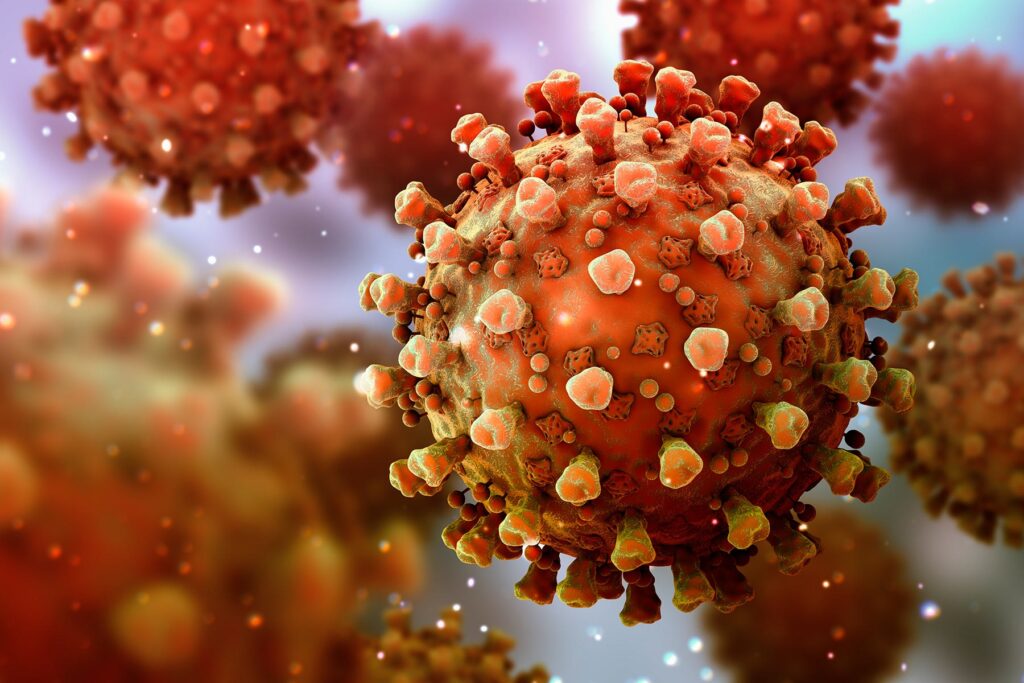
Something surprising has been discovered in a coronavirus study. COVID-19 was carried by an HIV-positive 36-year-old woman in South Africa for up to 216 days after she caught it. During this time, the SARS-CoV-2 virus mutated 32 times inside the woman’s body.
Last Thursday, the study was published on medRxiv, although it has yet to be peer-reviewed.
According to the study, 13 alterations occurred in the coronavirus’s spike protein, which helps the virus overcome the immunological response of the human body, while the remaining 19 alterations were linked to the contagion’s behavior. It was unclear whether the woman had passed the infection on to anyone else right away.
Scientists believe that if similar virus behavior is observed in more individuals, it is probable that HIV infection is causing the SARS-CoV-2 virus to evolve into other varieties.
According to the Los Angeles Times, HIV may be allowing the coronavirus to stay alive in the body for longer than usual, according to Tulio de Oliveira, a geneticist at the University of KwaZulu-Natal in Durban and the study’s author. Other scientists, on the other hand, have cautioned that this assumption is more likely to be an outlier than the rule. According to the South China Morning Post, Dr. Juan Ambrosini, an associate professor of infectious diseases at the University of Barcelona, such patients could become a constant source of SARS-CoV-2 viral transmission and evolution.
The research also reveals that immunocompromised patients are more prone to host the coronavirus for longer periods than normal.
Scientists discovered this South African woman’s condition when she enrolled in a study of 300 HIV-positive persons who had also contracted COVID-19.
Another four HIV-positive patients had been carrying the coronavirus for more than a month, according to the study.





